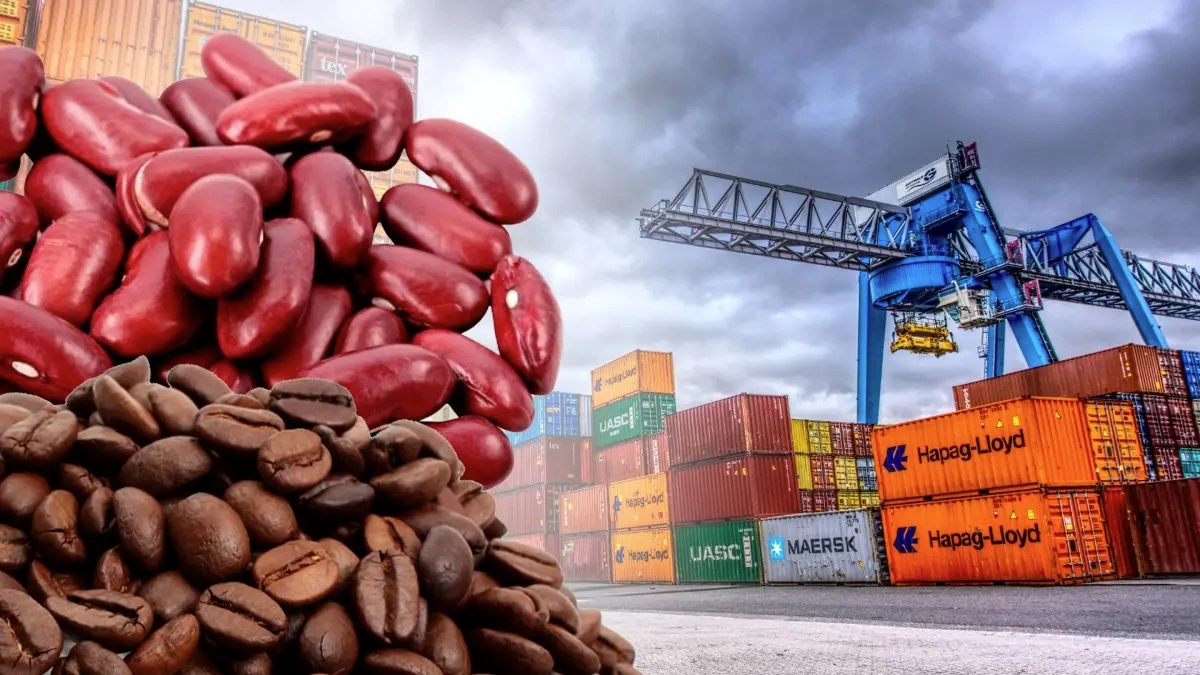Requirements and regulations for export and import from China to Nicaragua
Maricruz Prieto, general director of Foreign Trade of MIFIC, was the special guest this Tuesday at Estudio TN8. The topic to be discussed is the step-by-step process of exporters and importers with the issue of the FTA with the People's Republic of China.
«Currently, we are working together, several government institutions to inform economic agents, both importers and exporters, who want to take advantage of the opportunities that this commercial relationship offers»; she indicated.
She explained that «the first step is that importers must be registered with the General Directorate of Customs of China. They must know the market that China offers us. We know that China is a supplier of raw materials, finished products, machinery, equipment that our producer needs or that our population needs».
She said that China is also a «large supplier of agricultural inputs, our production imports from many countries and we know that with China these products have better costs».
He also said that the most important thing is to know the dynamics that exist with Chinese products, supplies and suppliers. In addition, he emphasized knowing the national regulations of Nicaragua in detail.
Compliance with regulations
On the side of the exporters, certain regulations must also be complied with. If they are agricultural products, if they are products of animal or vegetable origin, they must turn to the IPSA; explained Prieto.
«All exporters, producers, who want to reach China must be registered on a platform in the General Directorate of Customs of China, and that is achieved through the IPSA»; he added. He pointed out that although it is not super easy, it is not too complicated either. A series of requirements must be met and each one of them must be clear.
He also said that the General Directorate of Customs of China handles sanitary and phytosanitary issues.
Regarding the new direct route, Tianjin and Puerto Corinto; support is given to reducing times and costs; which makes it so beneficial for producers as well as consumers.
«We are working so that soon our exporters and importers know in detail what these costs are»; she expressed.
Diversification of exports to China
This new commercial route from China to Nicaragua has a shipping line with three ships operating. At the moment, with one ship per month.
This means a very important change in the streamlining of the movement of exports and imports. Currently, the time on ships is three months and passes through various ports; with this direct route this would no longer be the case.
«The role of MIFIC is to promote exports, promote production and at the same time diversify it, so that it can be generated with greater added value»; expressed the official.
«China represents 13% of what we import from the world for Nicaragua, however our exports represent 1% of what we export to the world (…) but at the same time this is a challenge, not only to change and diversify the market, but to produce more and reach that market, which is a very large one»; added Prieto.
Growing exports
He also pointed out the topic of the forum that took place with Chinese businessmen who were recently in Nicaragua.
In this forum, future agreements were reached for the purchase and sale of farmed shrimp and lobsters, but there are also other products that are beginning to be connected, among them there is a lot of interest in Nicaraguan coffee, as well as tobacco.
In addition, he said that Nicaragua will be the guest of honor at the Shanghai Fair, and is already ready to bring Nicaraguan products to exhibit at the fair, which also means a challenge; By having a list of companies that are already registered in China, «however, we are encouraging other exporters to register and by bringing their product, they can start a trade agreement from there».
Finally, he mentioned that since the FTA with China-Nicaragua has been in force; exports have grown by 50.2% in this first half of 2024.
And the diversification of exports is evident, including beef, sugar (70 thousand tons), farmed shrimp, lobster, sea cucumber. In addition, Nicaraguan coffee would soon be exported.
Source: TN8




